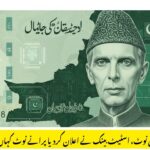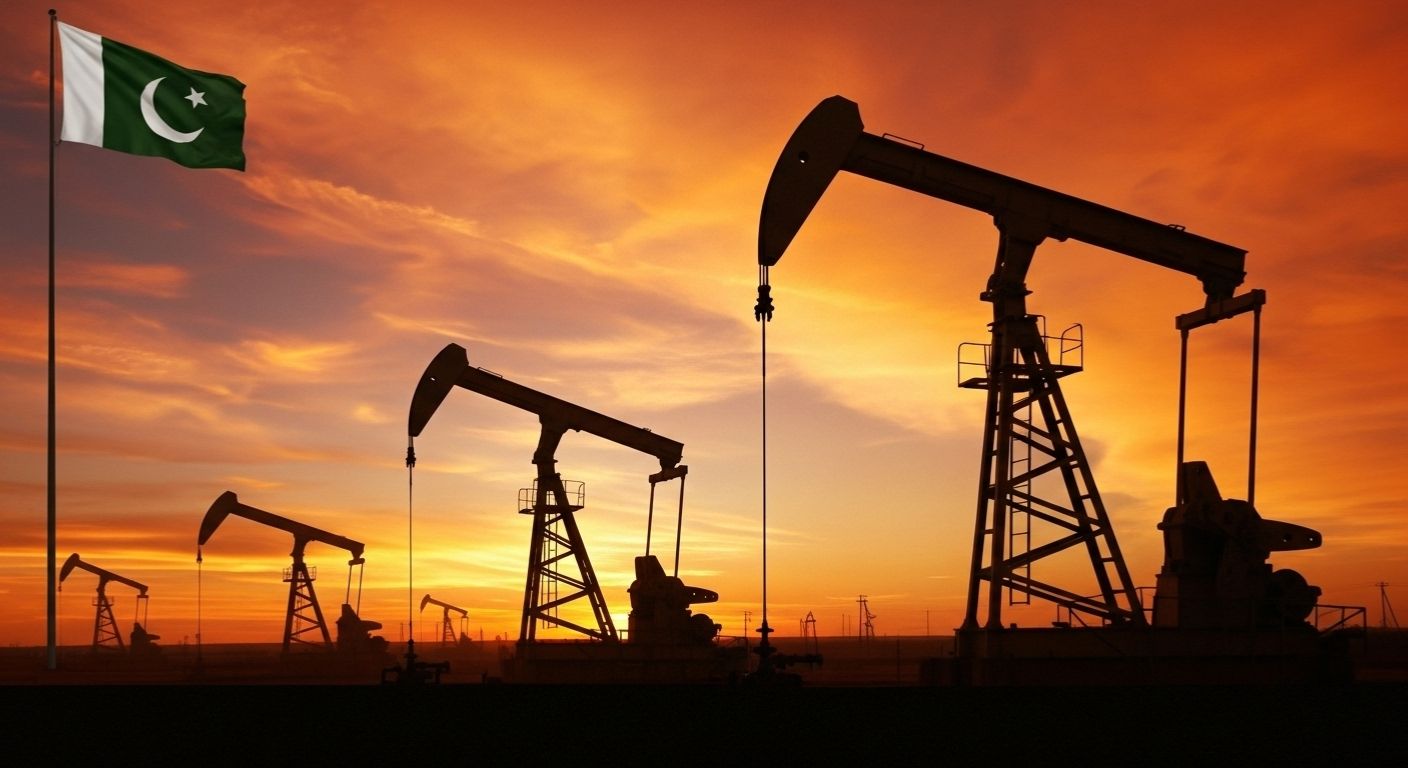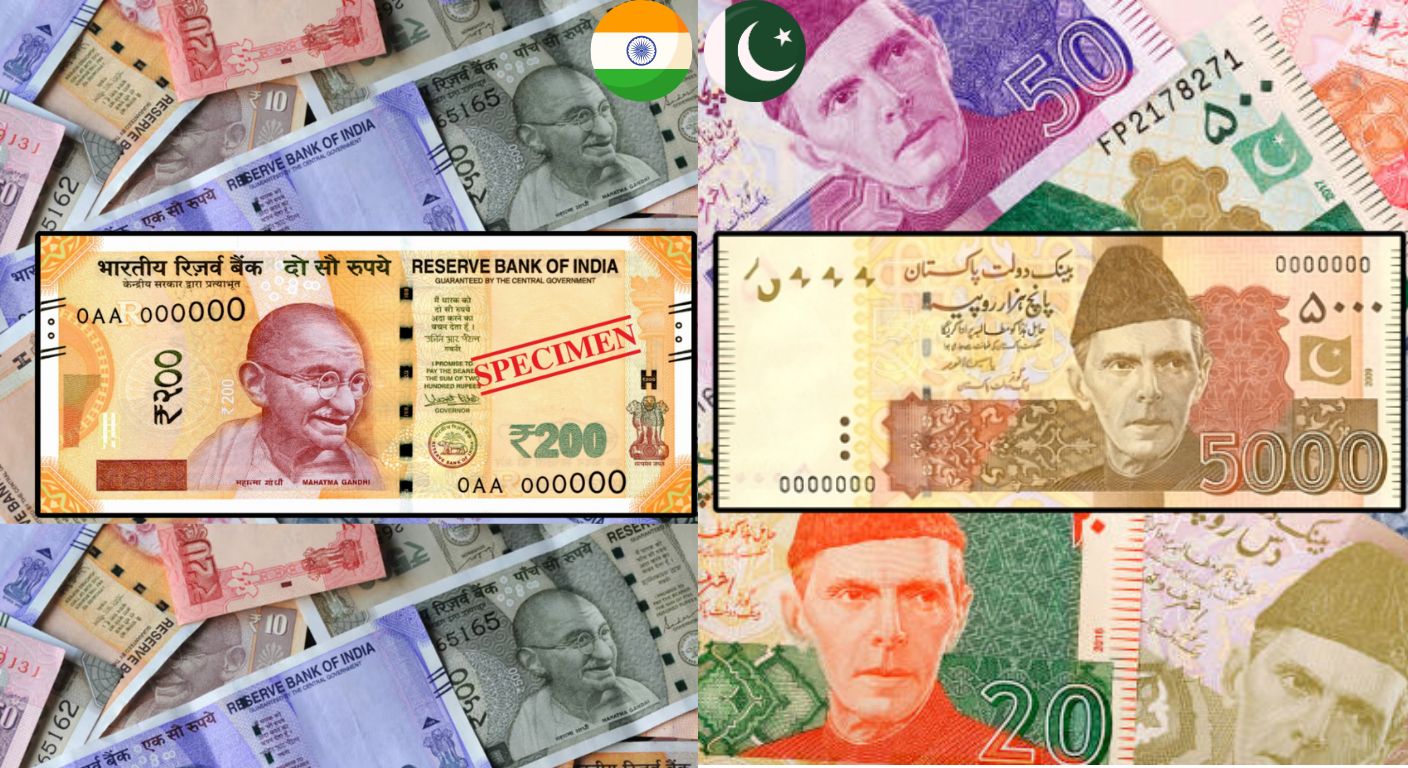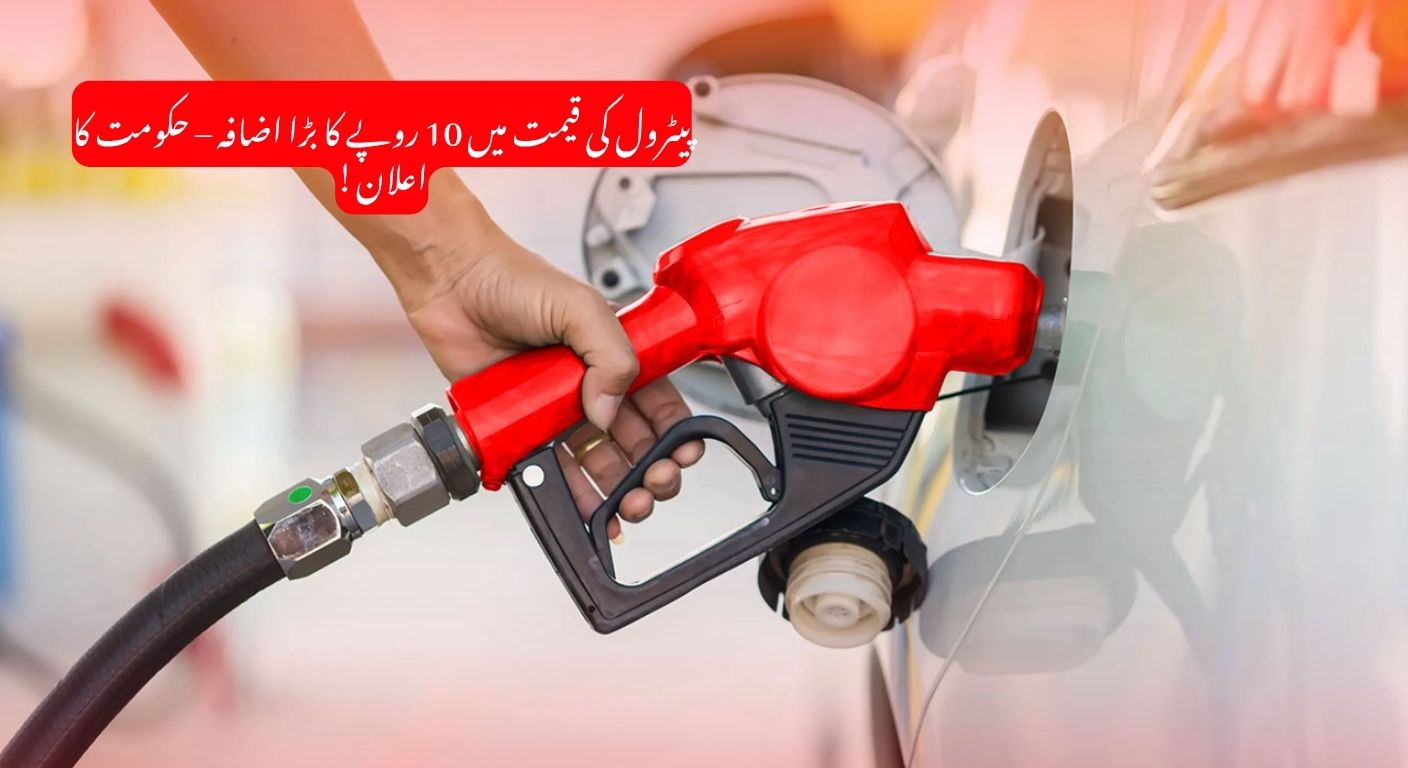The value of the US dollar against the Pakistani rupee has changed dramatically since Pakistan’s independence. In 1947, 1 USD was equal to PKR 3.31, but today, in 2025, the exchange rate stands around PKR 283.35. This massive difference shows how Pakistan’s economy, currency, and policies have evolved over the past seven decades.
The Early Years (1947–1955): A Stable Beginning
When Pakistan was created in 1947, its economy was stable and free from external debt. The rupee was linked to the British pound, which made it strong and steady. During this period, most trade was done in rupees and pounds, while the dollar was used mainly for international imports and aid.
However, in 1955, Pakistan faced its first currency devaluation, bringing the exchange rate to PKR 4.76 per USD. This was done to support exports and improve trade performance.
Major Shifts in the Dollar–Rupee Rate
Here are some key turning points in Pakistan’s exchange rate history:
| Year | USD to PKR | Key Event |
|---|---|---|
| 1947 | 3.31 | Independence; rupee linked to British pound |
| 1955 | 4.76 | First devaluation to promote exports |
| 1972 | 9.90 | Rupee floated after separation of East Pakistan |
| 1982 | 12.85 | Managed float system introduced |
| 1990 | 21.71 | Economic reforms and liberalization |
| 2000 | 51.90 | Political instability and sanctions |
| 2008 | 70.65 | Global financial crisis |
| 2020 | 160.10 | COVID-19 pandemic impact |
| 2025 | 283.35 | Current exchange rate |
The 1970s to 2000s: Years of Instability
The Seventies brought critical monetary challenges. After the 1971 separation of East Pakistan, the rupee lost fee rapidly. In the Eighties, Pakistan shifted to a controlled glide machine, permitting the rupee’s price to regulate step by step under government supervision.
By the 1990s, economic reforms and globalization started, but political instability and sanctions weakened the foreign money. In the 2000s, global occasions just like the monetary crisis of 2008 and growing international debt, further pushed the rupee down.
The Modern Era (2010–2025): Continued Pressure
Over the final decade, Pakistan’s forex has confronted robust pressure due to import dependence, rising inflation, and IMF packages. The COVID-19 pandemic and political uncertainty also caused major fluctuations. Although remittances from overseas Pakistanis (around $30 billion annually) offer assistance, the rupee continues to conflict.
As of 2025, inflation stands at eight.7%, and while the rupee has slightly stabilized in comparison to 2023, demanding situations remain because of worldwide and home financial issues.
Conclusion
The journey of the USA dollar from PKR three.31 in 1947 to PKR 283.35 in 2025 tells the tale of Pakistan’s financial evolution — from a debt-free, solid beginning to decades of challenges and reform. The exchange fee displays not simply numbers, however the history of national growth, worldwide crises, and economic resilience that continue to shape Pakistan nowadays.












